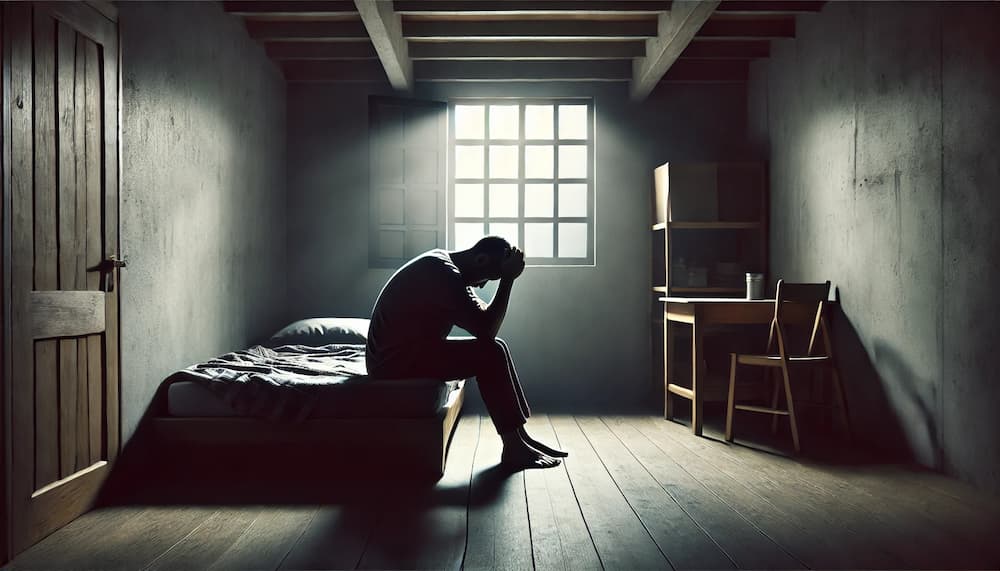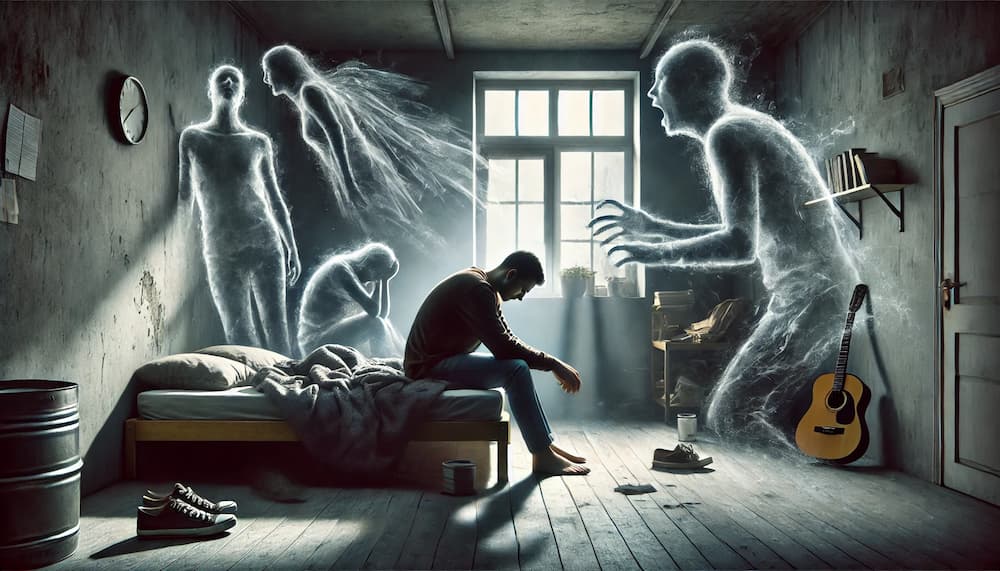Post-traumatic stress disorder (PTSD) is a hard condition to live with, as it’s usually associated with a variety of physical and mental symptoms that are difficult to manage.
Most people with PTSD would do whatever it takes to cure it, but unfortunately, there is no cure. That said, the right management strategies can make your life much easier and relieve some of your most problematic symptoms.
The Nature of PTSD
PTSD is a complex condition. According to Dr. Sina Saidi, MD, “Part of the reason it’s difficult to speculate about ‘cures’ for PTSD is because PTSD itself is quite complicated. It can manifest in a multitude of different ways within patients, and there’s still a lot we don’t understand about its effects on the brain.”


That said, psychologists and researchers have made a concentrated effort to describe the types of symptoms that people with PTSD often experience.
Symptoms of PTSD are typically grouped into four categories:
1. Intrusive memories.
Intrusive memories are memory fragments or flashbacks that pop up without warning, despite being unwanted.



A person may unwillingly relive their traumatic experience or remember specific details about it at inopportune moments.
2. Avoidance.
People with PTSD often experience symptoms of avoidance as well. They may avoid specific people, places, or circumstances that remind them of the traumatic event. They may also avoid anything that makes them feel particularly anxious or not in control.
3. Negative changes in thinking and mood.
It’s also common for people with PTSD to have negative changes in their thinking and their mood. They may spend more time being sad, anxious, or depressed, and their thinking may become distorted.
4. Changes in physical and emotional reactions.
Similarly, people with PTSD may experience changes in physical and emotional reactions to things. They may feel an accelerated heart rate or the sudden onset of a strong emotion they didn’t anticipate and wouldn’t normally expect.



These symptoms vary from person to person and range from mild to severe. One person may have mild symptoms exclusively in one category, while another has severe symptoms across all categories. This alone makes it difficult to address, or even understand PTSD as a single illness.
PTSD Management
While there isn’t a cure for PTSD, strictly speaking, there are management strategies that can help people relieve and lessen the severity of many of their symptoms.
See a therapist who specializes in trauma.
One of the best ways to treat PTSD symptoms is through therapy. There are many types of therapy and therapists to choose from. It’s important that you see a therapist who specializes in trauma, so that they can better understand your experiences and coach you through strategies designed to help you recover.



Your therapist will get to know you personally and recommend custom strategies based around your unique experiences and preferences.
Establish a consistent routine.
People with PTSD often find it useful to establish a consistent routine that they can follow. This minimizes potential exposure to triggering events, provides stability and familiarity, and helps to serve as a distraction as well. The exact details of your routine aren’t important; what’s truly important is that you have some kind of routine to follow.
Learn to ground yourself.
When you experience the sudden onset of anxiety or a spike in your heart rate, grounding strategies can help you relax and return to your normal self. There are many types of grounding strategies, including deep breathing, counting, sensory observation exercises, and even meditation. Experiment with a few of these to see what works well for you.
Get plenty of sleep.
It’s also important that you make time for sleep. Getting enough sleep can help you relieve your anxiety, soothe your racing thoughts, and generally become mentally healthier.



Reduce exposure to negative media.
Movies, TV shows, books, video games, and social media may occasionally present content that’s emotionally triggering for you. Do your best to avoid this content, at least for now, until your symptoms are better under control.
Participate in support groups.
There are countless support groups for PTSD across the U.S., many of which are free.



Consider attending a support group in your area, making connections with other people in the group, and working together to process your feelings and manage your symptoms.
The Future of Mental Health
We’re still relatively early in our search for a better understanding of human mental health. Right now, PTSD is still somewhat elusive, and there is no definitive cure for it. But in the future, it’s likely that our understanding will expand, and we’ll gain access to even more therapeutic strategies and potentially even an effective remedy.
In the meantime, if you have PTSD, you owe it to yourself and other people around you to seek treatment that can make your life better.
Credit: Source link
















